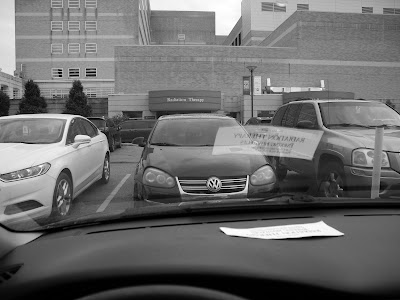His essential point is that the internet liberated us having our “community” defined by geography and happenstance. Instead, everyone now makes their own (digital) community and these can be arranged in ways to optimize value for the individual. If you value identity, for instance, you can create a community of people who share your identity. If you value activities, or politics, or lifestyle—you can build your community around them.
[SNIP]
But the thing is: We are incarnate beings. We exist in meatspace. That’s where we live and eat and have babies and get old and die.
And for all of those things, the incarnate community that is physically around you is paramount.
The aggregation of friends in your model-train subreddit cannot watch your baby while you go to a doctor’s appointment. They cannot help you up the stairs after you break your hip. They cannot sit with you on your deathbed.
Birth, life, suffering, death—those are the big parts of the human experience and they’re why we create communities. Because they’re too big for any individual to confront on his or her own.
I wouldn't be sitting where I'm sitting without virtual communities of friends on the internet. In fact, most of my actual IRL friends are people I've met via the internet. But they are scattered to the four winds.
Helping a neighbor through a medical crisis recently was a reminder that maybe I need to get my roots sunk in a little better in local meatspace, too.

